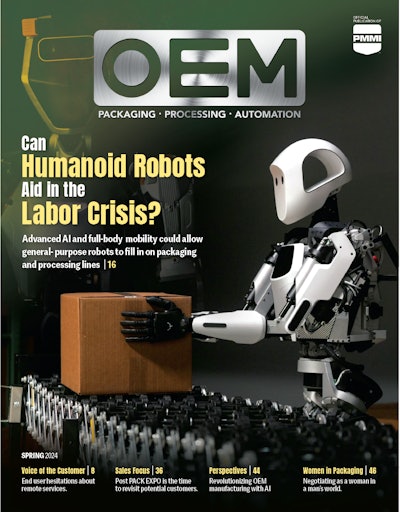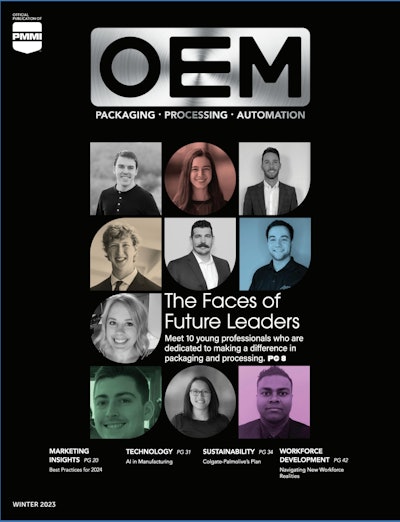
Reflecting on our previous exploration of AI's historical progression within the OEM manufacturing sector (OEM Spring 2024), we now venture into the burgeoning field of Generative AI. This article delves into its speculative yet promising impact on product design and innovation within the OEM industry, envisioning future possibilities.
Generative AI, distinguished by its capability to create and innovate, involves sophisticated algorithms that learn from extensive datasets to generate new concepts. This form of AI stands to revolutionize the approach to product design by not just analyzing data but actively generating innovative solutions.
The Potential for Enhanced Creativity and Efficiency
Generative AI redefines OEM product design by automating processes and fostering creativity. This technology autonomously generates and iterates on designs, fostering innovative industrial design methods. For example, in automotive sectors, it devises solutions that synergize aerodynamics with aesthetics, areas traditionally dominated by manual effort. Additionally, it produces multiple design alternatives quickly, expanding the creative scope for designers.
This AI technology also works in conjunction with simulation tools, allowing for the rapid testing of designs under simulated conditions. This capability not only speeds up the design process but also improves its accuracy and reliability. It plays a critical role in industries requiring quick innovation cycles such as electronics, streamlining prototyping and refinement processes.
Customization and Personalization: A Future Vision
Generative AI promises to revolutionize how OEMs craft products by enhancing customization and personalization. At present, its application in production is exploratory, but it aims to tailor products to individual preferences efficiently, surpassing traditional methods. It leverages deep learning to analyze various data points, including consumer purchases and social media trends, to create designs that resonate with current and future market demands.
Moreover, Generative AI's capabilities extend to crafting products uniquely designed for individual users, exemplified by personalized vehicle designs in the automotive industry. It supports a dynamic design process, continuously refining products based on user feedback and performance data. Virtual prototyping, enabled by AI, streamlines design validation by minimizing the need for physical prototypes, reducing costs and environmental impact. This approach also emphasizes sustainable design practices, ensuring that personalized products are as eco-friendly as they are innovative.
Navigating Complex Design Challenges
Generative AI’s ability to process and analyze vast amounts of data can lead to innovative solutions for complex design challenges that would typically require extensive R&D resources. It can identify non-intuitive design options that improve performance and durability by analyzing factors such as material properties, environmental impacts, and usage patterns simultaneously. In aerospace, for instance, this might involve developing more efficient wing designs that optimize aerodynamics and reduce fuel consumption without compromising on safety or cost.
The potential applications of Generative AI in OEM product design span across industries. In the electronics sector, for example, Generative AI could be used to design circuit layouts that optimize space and power consumption while enhancing capabilities. In furniture manufacturing, AI could generate designs that optimize material use and comfort, catering to ergonomic standards and consumer preferences, potentially reducing costs and environmental impact.
The Future Landscape of Generative AI in OEM
As Generative AI continues to evolve, it is poised to become a cornerstone technology in OEM design processes. However, harnessing its full potential will require overcoming significant challenges, including ethical concerns related to automated decision-making and the need for robust data privacy protections. Future advancements in AI will need to address these issues head-on, ensuring that AI-driven designs are not only innovative but also aligned with broader societal values and regulatory standards.
Generative AI represents a frontier in OEM product design and innovation. With its ability to enhance creativity, drive efficiency, and enable unprecedented levels of customization, it holds the promise of profoundly transforming the industry. As we look ahead, it is clear that integrating Generative AI into OEM design processes will not only redefine product innovation but also set new benchmarks for the future of manufacturing.
David McGraw is a Senior Director at Alvarez & Marsal Private Equity Performance Group L.L.C.


















